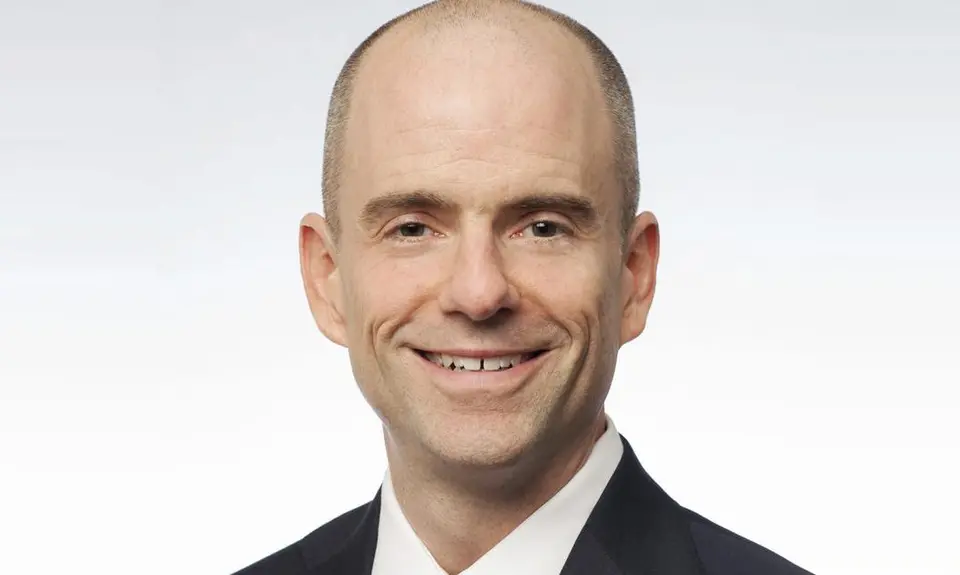“Confirmed Judges, Confirmed Fears” is a blog series documenting the harmful impact of President Trump’s judges on Americans’ rights and liberties.
In Kondrat'yev v. City of Pensacola, Trump 11th Circuit Judge Kevin Newsom was part of a three-judge panel which, in accord with existing precedent, affirmed a lower court decision that ruled that a large cross maintained by the city on public property violated the Establishment Clause of the First Amendment. But Newsom made clear that he reached that decision only reluctantly, and argued in a concurring opinion that a previous 11th Circuit precedent on the subject should be overruled. He strongly suggested that long-established Supreme Court precedent that prevents the government from endorsing religion should be or has been overruled as well.
Newsom focused particularly on the fact that, as with similar cases, the cross had been used and maintained on public property for many years before it was challenged. According to Newsom, that “historical acceptance” should be “decisive” in determining that there was no First Amendment violation. He acknowledged that a prior 11th Circuit opinion concerning a similar large public cross in Georgia was directly to the contrary, but argued that the previous decision should also be reconsidered by the full court of appeals. Newsom claimed that the Supreme Court’s fundamental decision in Lemon v. Kurtzman had been “much maligned” and effectively overruled, and that the principle that government cannot endorse religion under the Establishment Clause had “fallen out of favor” and should be ignored. Only if a practice can be found to violate “history” and “tradition,” according to Newsom’s view, would the current Supreme Court find that it is inconsistent with the Establishment Clause. According to Newsom, large public crosses maintained on public property would not qualify. Newsom and another judge who wrote a concurring opinion also argued that the prior decision was wrong with respect to standing to bring such an Establishment Clause claim.
An amicus curiae brief filed by the Anti-Defamation League, the Baptist Joint Committee for Religious Liberty and others explained what was wrong with these claims. Based on Supreme Court and other precedent and the history of the Establishment Clause, the brief explained that the Pensacola ruling was “not only doctrinally compelled but also historically justified and critically important to prevent religiously based civil strife that would intrude on our fundamental commitment to religious freedom for all.”
Judge Newsom’s concurring opinion suggested that the full 11th Circuit should reconsider the Pensacola decision. In fact, the case may well get a bigger audience. The Becket Fund, which represents Pensacola, asked the Supreme Court to review the decision less than two weeks after it was issued on September 7.
